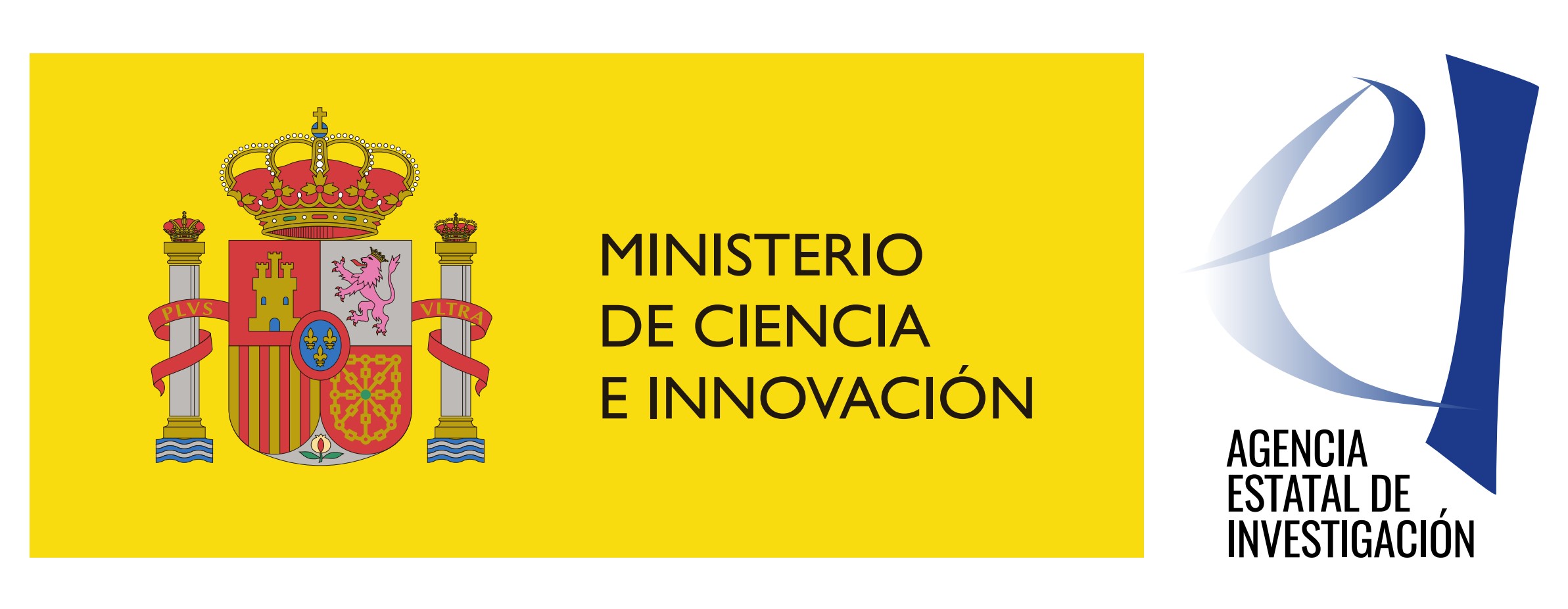SMOQUIN (SOFTWARE UPGRADE TO ACCOMMODATE QUANTUM INFORMATION)
Summary:
Context. With the rise of the first quantum computers and programming languages, first quantum algorithms came up, which yield
promising results. Quantum Computing is becoming more and more a mature area while an investment scalation is happening in public
and private sectors. Thus, the quantum supremacy is expected for the next few years, i.e., when quantum computers are able to solve
problems that classical computer cannot in practice
Problem. In the coming years, companies will progressively need to add quantum computing to some or all of their daily operations. It is
clear that all existing, classical information systems cannot be thrown away. Instead of this, it is expected to add some quantum algorithms
working embedded in classical information systems. So far, there is not a systematic solution to deal with this challenge.
Solution. This project proposes a software modernization approach (model-driven reengineering) for restructuring classical systems
together with existing or new quantum algorithms to provide target systems combining both computational paradigms.
Expected Results. The solution proposed is systematic and based on existing software engineering standards. As a result, it could be
applied in industry in a compliant manner regarding the existing software evolution processes.
Impact. For academia, it is probably the first time that Software Engineering, and in particular software modernization, methods,
techniques and practices will be specifically created and/or adapted for quantum technologies. For industry, it is expected a technical, but
also an economic impact, because of the possibility of reusing the knowledge embedded in legacy systems while, at the same time, the
new quantum-based projects are speeded up. Also, the independence of this proposal regarding quantum programming languages makes
its application feasible in the changing environment expected during the first stages of quantum industry.
Investigadores Principales:
Otros Investigadores:
3) Sebastián Reyes Ávila
4) María Sierra Fernández Ropero
5) Andrea Delgado Cavaliere
6) Danilo Caivano
4) María Sierra Fernández Ropero
5) Andrea Delgado Cavaliere
6) Danilo Caivano
